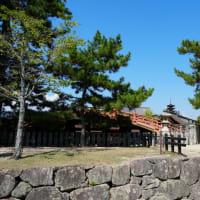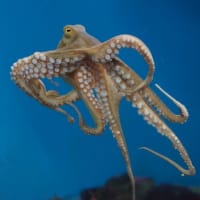2021/8/25
The following is from Mr. Sekihe's serial column in today's Sankei Shimbun titled "The Korean Attitude, Which Japanese Cannot Forgive.
It is a must-read article not only for Japanese citizens but also for people around the world.
I published "The Korean People Are the Perpetrators of History: Troublemakers in East Asia" (Asuka Shinsha) in 2016 (Heisei 28).
This book expands the scope of the Korean Peninsula issue from the China issue to the Korean Peninsula issue.
I am not an expert on Korean Peninsula issues.
Still, I felt compelled to write about it.
Once I decided, I would use my pen (speech) to cut to the chase.
That is my style of writing.
My debut work, Why Do the Chinese Hate the Japanese? (PHP Institute), published in 2002, was motivated by a desire to refute the emotional "anti-Japanese" sentiment that was deliberately created by the Chinese Communist Party regime.
What triggered me to address the Korean Peninsula issue was the 2013 statement by then-South Korean President Park Geun-hye that "the position of perpetrator and victim will not change even if 1,000 years pass.
A thousand years?
Are you saying that I must continue to "apologize" to Korea for my children and grandchildren and forever after?
As a Japanese citizen (naturalized in 2007), I felt this was unacceptable and unforgivable.
That is when I thoroughly researched the history of the Korean peninsula.
Until now, many people on the Korean Peninsula have believed that the Korean people had a tragic history of frequent invasions by neighboring countries from the geopolitical perspective of being connected to the mainland.
In reality, however, this was not the case.
For example, it is well known that the Goryeo army was the first to attack Japan during the Genko invasion, and the king of Goryeo even offered to attack Japan against the Yuan.
In modern times, the Korean War (1950-1953), a "civil war" fought between two peoples of the same ethnic group, saw South and North Korea respectively inflict heavy casualties on the United States and China, but in the end, nothing came of it.
They simply returned to their situation before the war began.
In other words, historically, the countries of the Korean Peninsula have been more of "perpetrators" than "victims."
They were troublemakers who dragged in and caused trouble for neighboring countries such as Japan, China, and Russia.
Given their attitude, it is understandable that even today, they brazenly break international rules and agreements between countries.
This perspective hasn't been seen much before.
Japanese rule of Korea (1910-45) modernized a society in which Confucian values, political corruption, and oppression had ruled.
In "Why Is Hell Always Repeating Itself on the Korean Peninsula" (Tokuma Shoten), I also delve into the influence of Confucianism.
During the Joseon Dynasty, Confucianism (Cheng–Zhu school) was the state religion of Korea.
In this value system, the literati are ranked higher than the military, and "military" is taken lightly.
That is why the Korean people's foreign wars always involve the help of outside forces.
They also looked down on commerce, industry, medicine, and other fields, placing those involved in these fields in a low status.
This meant that the townspeople's culture that flourished in Japan during the Edo period did not develop.
On the other hand, Japan was one of the first countries to achieve modernization with the Meiji Restoration, when even ordinary people could read, write, and play a soroban (a Japanese musical instrument).
Korea, which adopted a "subservient" approach to protect itself by following the assertive China, called itself "Little China" within the Sinocentric order under China as its suzerain.
The "Memoirs of the Korean envoys," which often came to Japan during the Edo period (1603-1867), show that they looked down on the Japanese, treating them as "beasts" with "unclean blood."
They were not envoys of friendship or goodwill.

2024/8/18 in Fukuyama


















